
Bharat Tex 2025 at Bharat Mandapam has developed into a top international event which demonstrates India's rising dominance in worldwide textile markets. This platform functions as a necessary environment for policy discussions between more than 120 countries' leadership and industry directors together with their heads of state. Through its exhibition of rich textile traditions India establishes itself as a dominant force in global textile markets. The exhibition has delivered new market opportunities for exhibitors so they can initiate worldwide business development.
Through its activities Bharat Tex enables textile manufacturers to develop connecting partnerships which lead to increased export opportunities and investment. India’s textile sector aims to achieve global leadership status through this initiative.
Promotion of India’s Rich Textile Heritage:
-
During his address PM Modi showcased a selection of traditional Indian fabrics while noting their cultural significance: Lucknowi chikankari, Bandhani, Patola, Banarasi silk and Kanjivaram silk. These showcase India’s traditional craftsmanship.
-
International textile exhibitions that promote traditional Indian textiles help establish India as an elite sustainable fashion center of the world.
Textile Export Growth and Economic Contribution:
-
Textiles and apparel exports from India experienced a 7% increase during the past year which secured India the position of the sixth-largest textile exporter worldwide. The federal government predicts textile exports to expand from the present-level of ₹3 lakh crore to reach ₹9 lakh crore by 2030.
-
The textile sector remains central in India’s economic framework because it supplies 11% to manufacturing operations and generates numerous employment opportunities.
Skilling and Workforce Development:
-
Through his remarks PM Modi emphasized skill development as an essential factor to improve India's textile industry competitiveness. MSMEs wield the textile sector as its primary employment sector because they make up 80% of its workforce.
-
Through Samarth scheme and National Centres of Excellence initiatives workers receive training to fulfill changing industrial requirements.
-
The industry growth will sustain through productive workforces who bring enhanced innovation ability along with better global competitiveness that produces sustainable progress.
Handloom Craftsmanship and Technological Integration:
-
Handloom craftsmanship requires protection from the effects of modern technological development. The government organizes more than 2400 promotional events dedicated to handloom products which seek to improve handloom recognition.
-
India-hand-made e-commerce and GI tagging platforms enable handloom artisans to extend their market opportunities including both domestic and foreign customers.
Sustainability and Fashion for Environment and Empowerment:
-
During his speech the Prime Minister highlighted that India should guide the world toward sustainable fashion through its traditional practices using khadi and natural dye techniques.
-
India should use its historical textile methods to support the growing market for sustainable fashion products within the international industry.
-
The sustainable fashion leadership position for India’s textile sector will emerge from uniting traditional practices with modern creative methods to advance environmental sustainability while supporting economic growth.
Addressing ‘Fast Fashion Waste’ and Recycling Opportunities:
-
PM Modi identified fast fashion waste as an escalating environmental problem indicating that it will generate 148 million tons by 2030. Traditional recycling expertise of the Indian textile industry transforms waste management problems into new business prospects.
-
The large informal textile sector of India should exploit its expertise in waste management to dominate the worldwide recycled textile industry which shows $7.5 billion market potential.
-
Through partnering with e-Marketplace to promote recycling ventures and implementing demonstration programs at Navi Mumbai and Bangalore the sector will gain innovative approaches that create new business prospects.
Innovation and Startups in the Textile Sector:
-
Young innovators together with startups received Prime Ministerial support for their role in modernizing the textile sector. The Textiles Startup Grand Challenge along with academic partnerships between Textiles and IITs enables innovation development for industrial applications.
-
A startup culture development will bring new technology advances which will empower productivity growth with sustainable practices for the sector.
-
The support of innovative startups enables India to expand its textile business while delivering better resilience to changing international market directions.
Conclusion
Bharat Tex 2025 serves as a national initiative to revitalize Indian textiles while supporting the “Viksit Bharat” framework targeting 2030. Through its focus on boosting textile exports as well as the sector’s growth through traditional techniques and modern technology integration and artist empowerment while promoting sustainability the event advances India’s textile sector. The textile sector benefits from Bharat Tex 2025 because it drives economic change and generates employment opportunities and enhances worldwide market competitiveness which establishes India as a prominent force in global business.




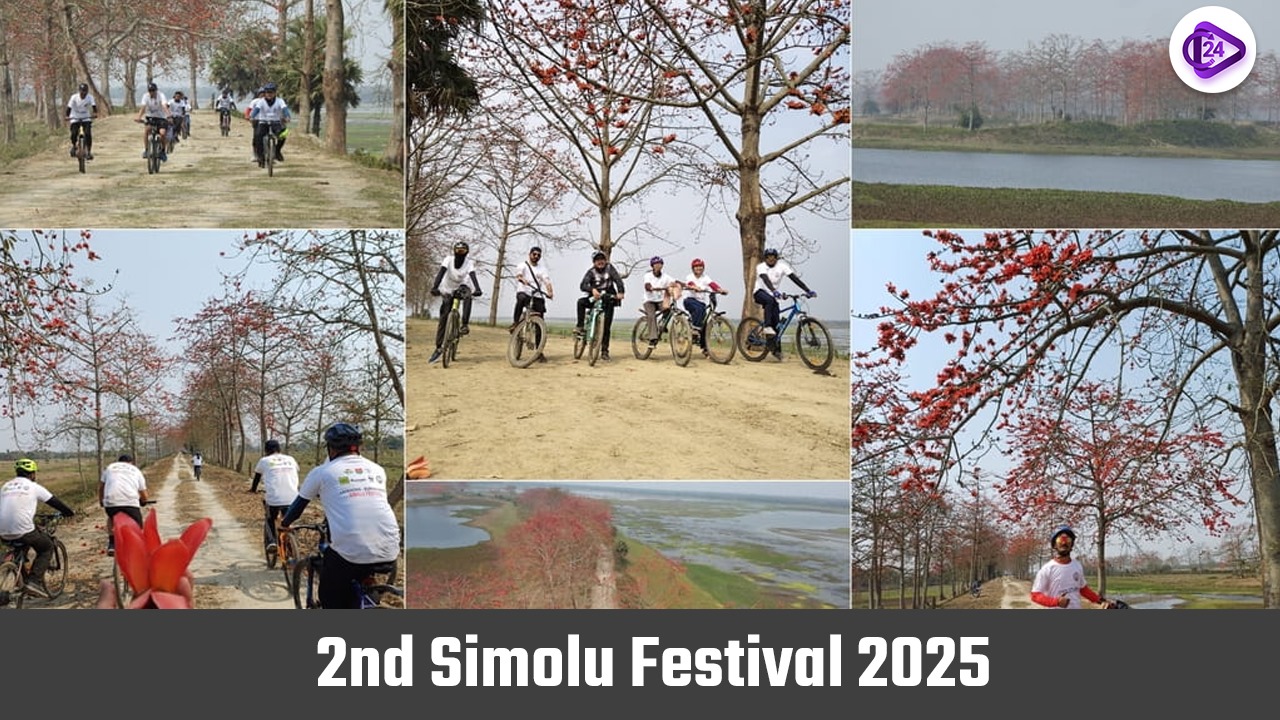 2nd Simolu Festival 2025: Celebrating Nature, Culture & Conservation in Assam
2nd Simolu Festival 2025: Celebrating Nature, Culture & Conservation in Assam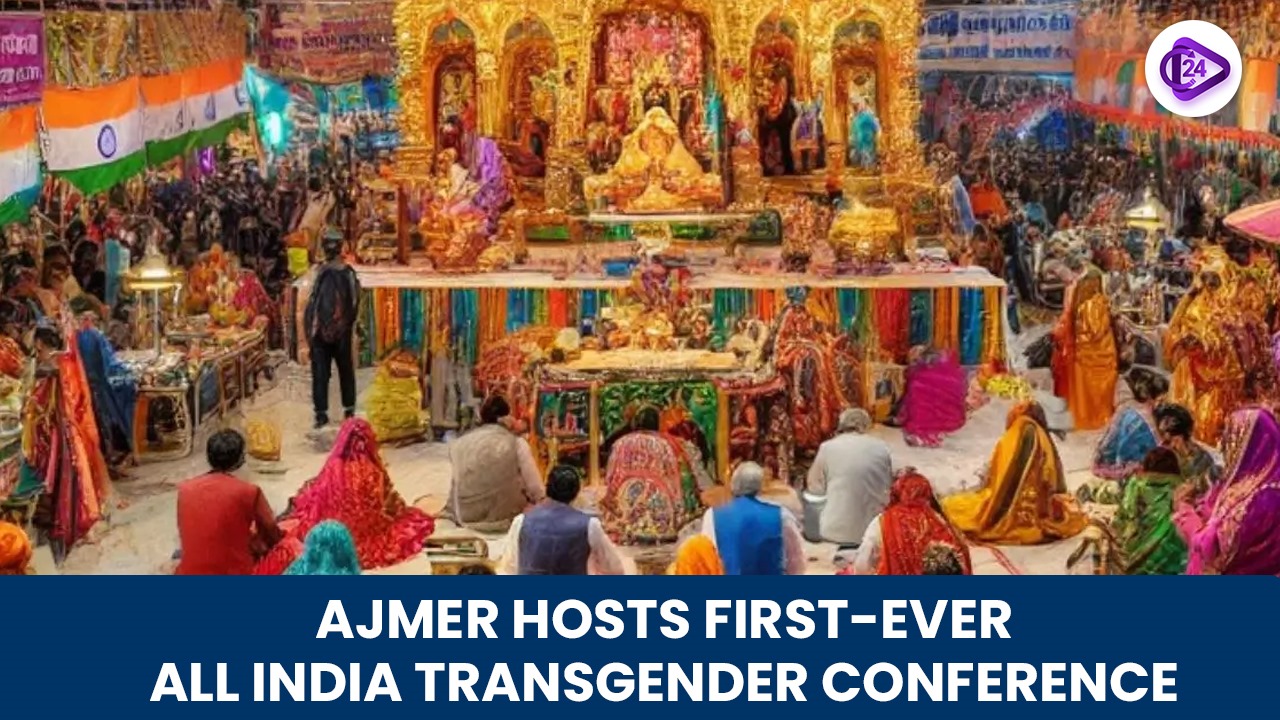 Ajmer Hosts First-Ever All India Transgender Conference
Ajmer Hosts First-Ever All India Transgender Conference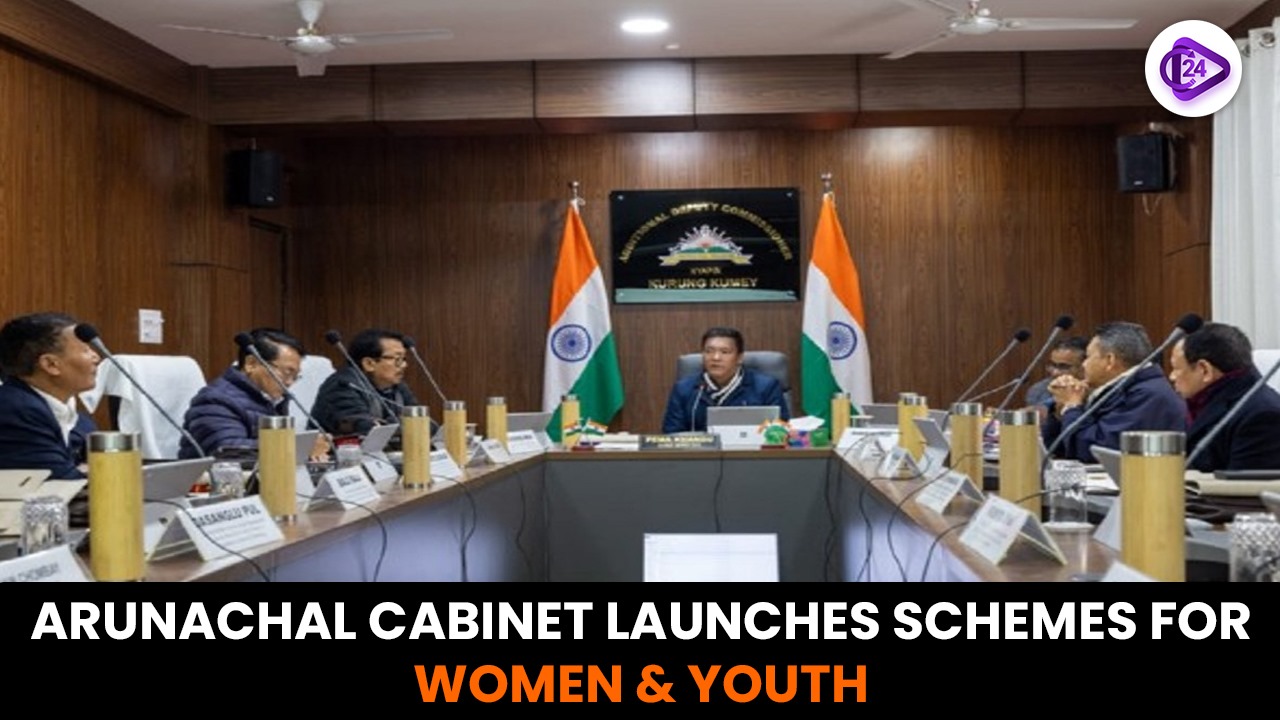 Arunachal Cabinet Unveils Key Schemes for Women, Youth & Development
Arunachal Cabinet Unveils Key Schemes for Women, Youth & Development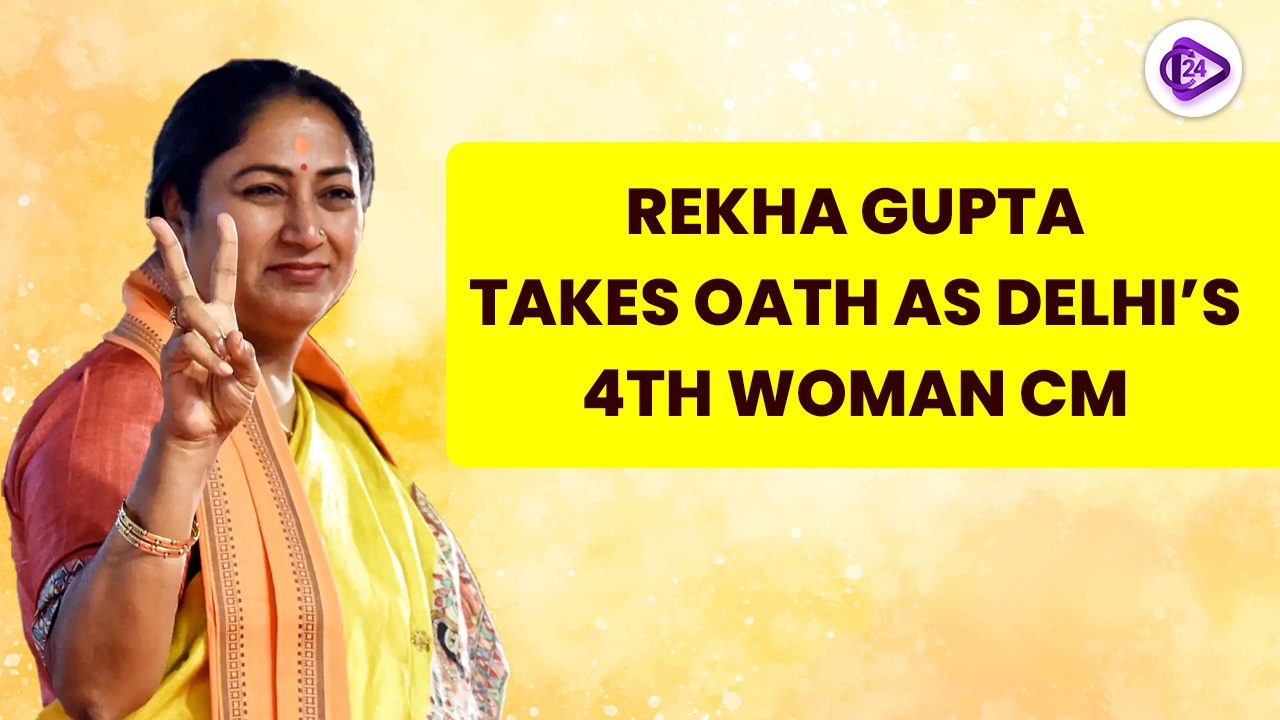 Governance Structure of Delhi and Appointment of Rekha Gupta as Chief Minister
Governance Structure of Delhi and Appointment of Rekha Gupta as Chief Minister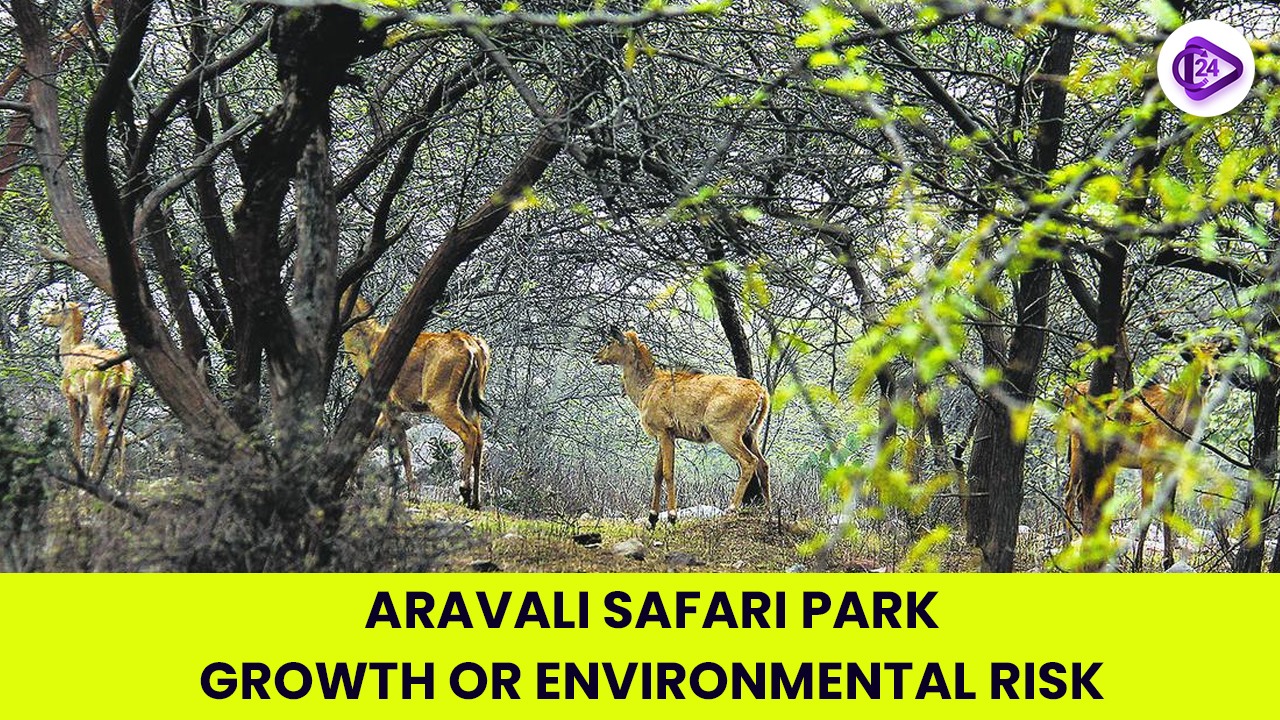 Aravali Safari Park Project Introduced the the Haryana Government
Aravali Safari Park Project Introduced the the Haryana Government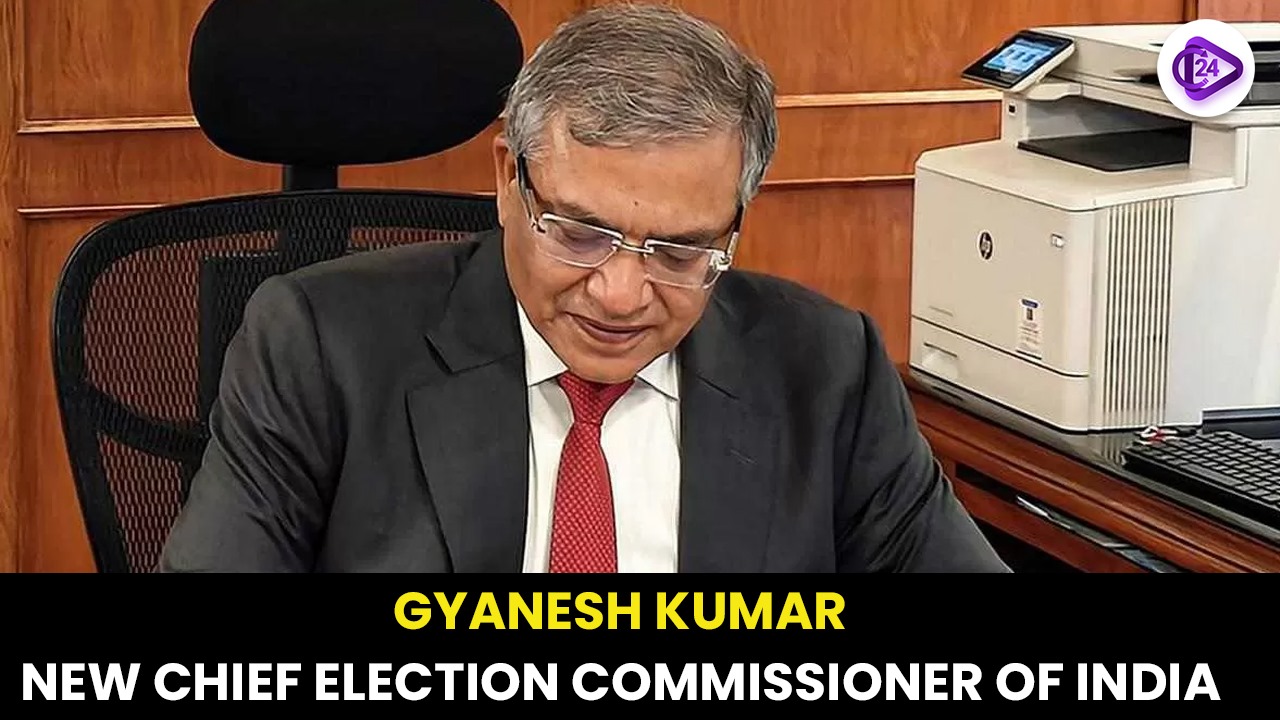 Gyanesh Kumar Appointed as the Chief Election Commissioner (CEC)
Gyanesh Kumar Appointed as the Chief Election Commissioner (CEC)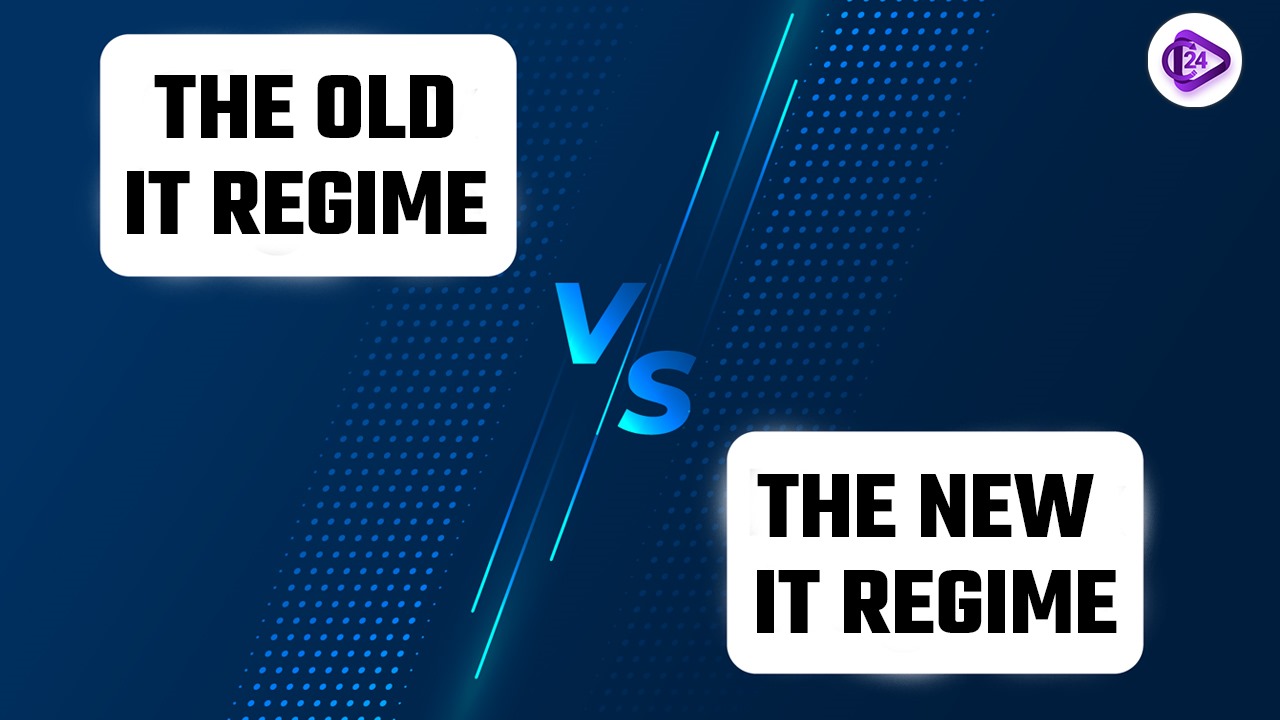 Understanding the Old vs. New Income Tax Regimes: A Guide to Choosing the Best Option
Understanding the Old vs. New Income Tax Regimes: A Guide to Choosing the Best Option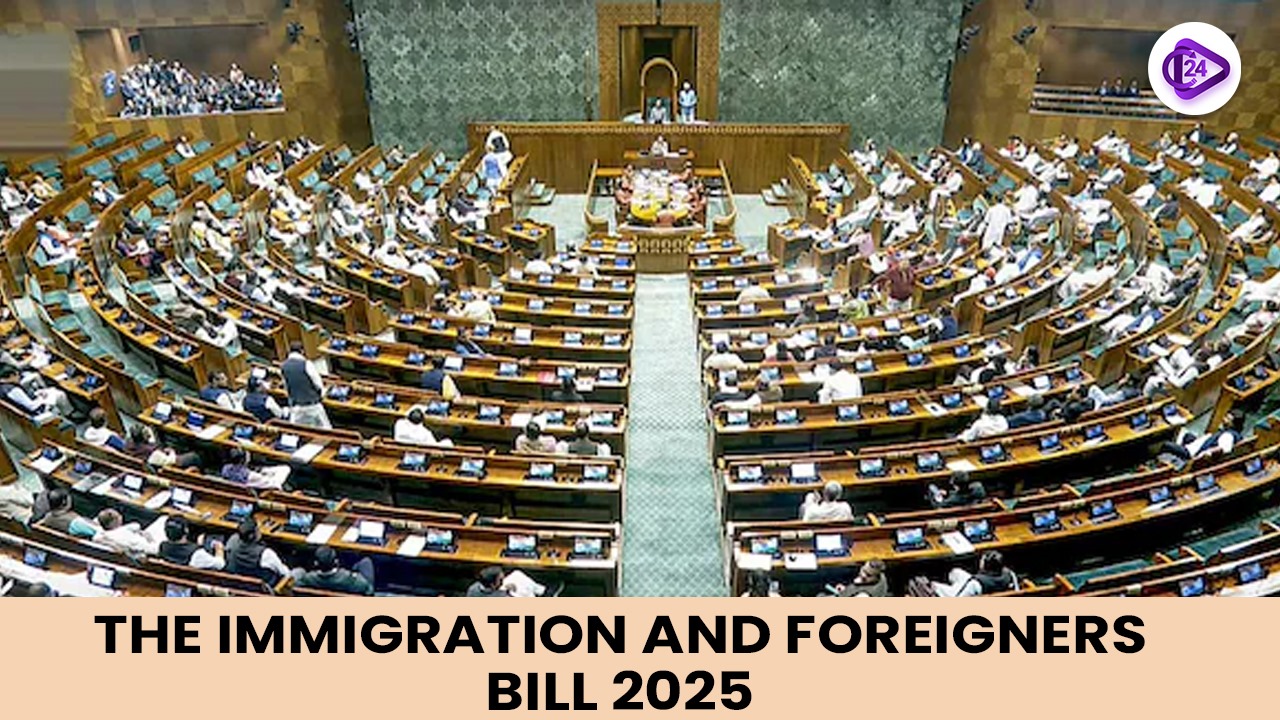 The Immigration and Foreigners Bill 2025: A Modern Legal Framework for Immigration
The Immigration and Foreigners Bill 2025: A Modern Legal Framework for Immigration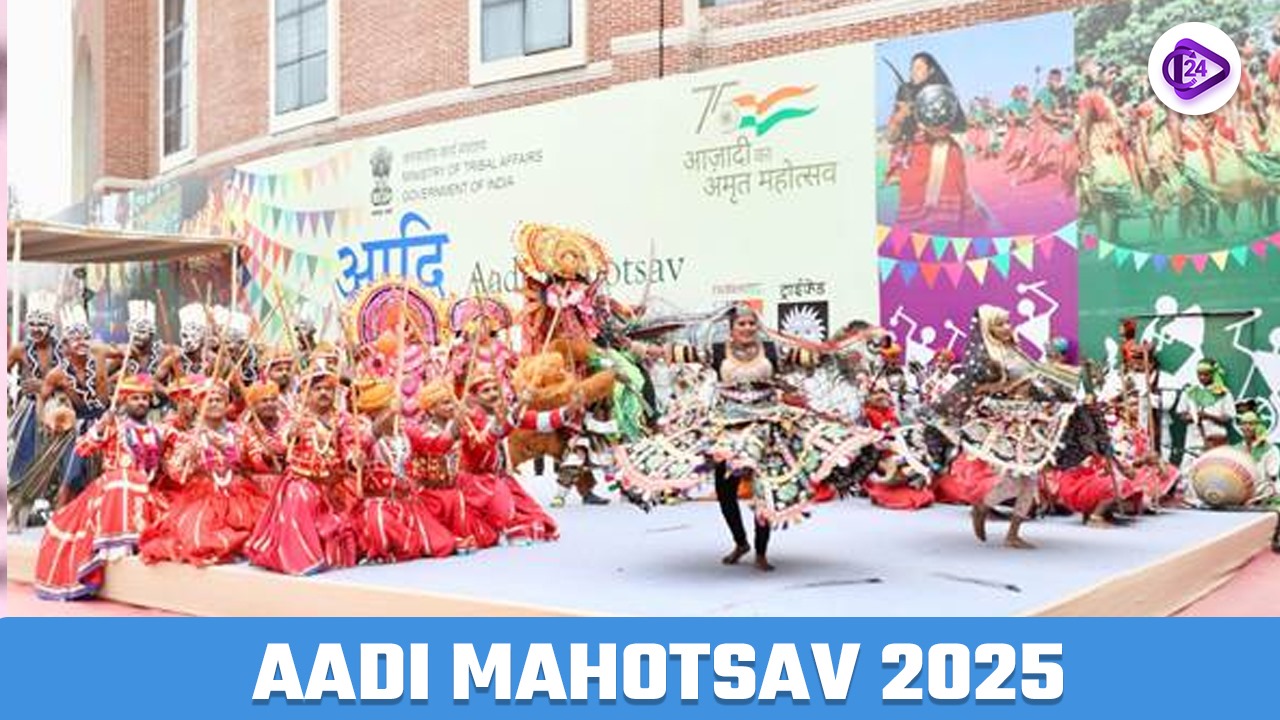 Aadi Mahotsav 2025 – A Grand Celebration of Tribal Heritage
Aadi Mahotsav 2025 – A Grand Celebration of Tribal Heritage






